Posted on 3/28/2025
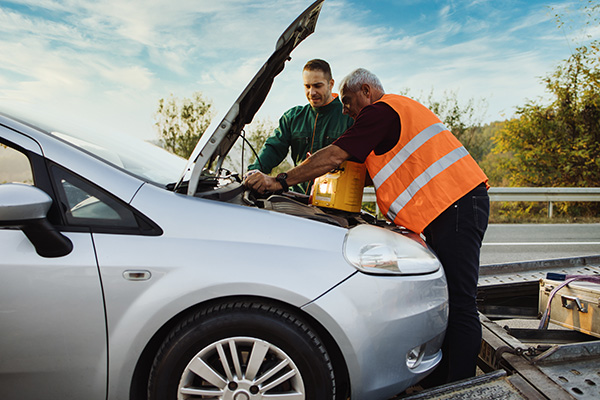
Nothing kills the excitement of a road trip faster than car trouble. One minute you’re cruising down the highway, and the next, you’re stuck on the side of the road, waiting for a tow truck. Long drives put extra wear on your vehicle, and skipping basic maintenance can lead to unexpected breakdowns. The good news? A little preparation can go a long way. Taking the time to check a few key things before you hit the road can save you from headaches, delays, and costly repairs. Get a Pre-Trip Inspection One of the best ways to prevent a breakdown is to have a professional inspect your car before your trip. A trained technician can spot potential issues that might not be obvious to the average driver. Getting a pre-trip inspection at least a week before you leave gives you time to address any necessary repairs without delaying your plans. During an inspe ... read more
Posted on 2/28/2025
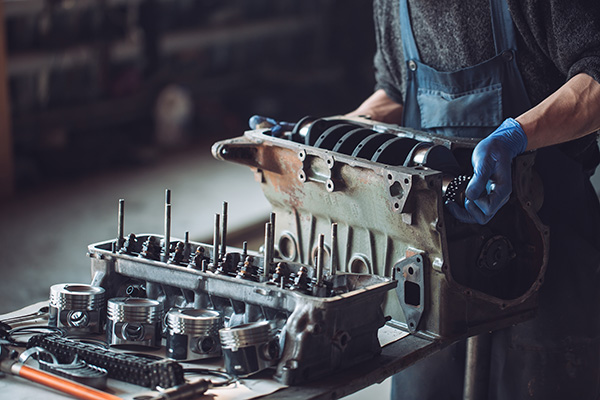
Car repairs can be costly, but some repairs can hit your wallet harder than others. Major engine failures, transmission replacements, and electrical system issues are just a few examples of the kinds of repairs that can quickly add up to thousands of dollars. While some wear and tear is unavoidable, many of these high-cost repairs can be prevented with proper maintenance and early detection of potential problems. Understanding which repairs are the most expensive and what you can do to avoid them can save you a lot of money and stress down the road. Engine and Head Gasket Failure Few things are more expensive to fix than a blown engine or a failed head gasket. If an engine is severely damaged, a full replacement can cost several thousand dollars, sometimes exceeding the value of the vehicle itself. A head gasket failure, while not as extreme as a full engine replacement, is still an expensive repair due to the labor-intensive process of removing and replacing the par ... read more
Posted on 1/31/2025
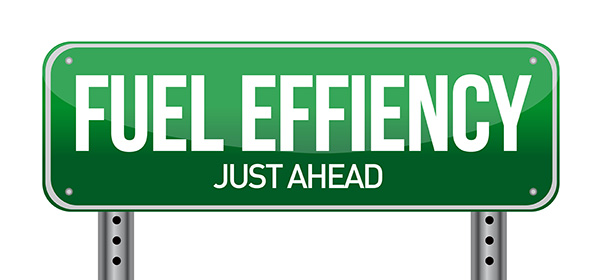
Fuel efficiency isn’t just about saving money at the gas pump—it’s also about being kinder to the environment and getting the most out of your vehicle. Whether you’re a daily commuter or someone who enjoys long road trips, better gas mileage benefits everyone. So, what can you do to ensure your car sips fuel instead of guzzling it? The good news is that there are plenty of simple steps to improve your car’s fuel efficiency without making drastic changes. The Impact of Driving Habits Your driving style plays a significant role in how efficiently your car uses fuel. Aggressive driving, like rapid acceleration and hard braking, burns fuel at a much higher rate than steady cruising. If you’re prone to speeding, that can also take a toll on your gas mileage. The best approach? Drive calmly and maintain a consistent speed. Using cruise control on highways can help, too, as it minimizes unnecessary speed fluctuations that waste fuel. Ano ... read more
Posted on 12/20/2024
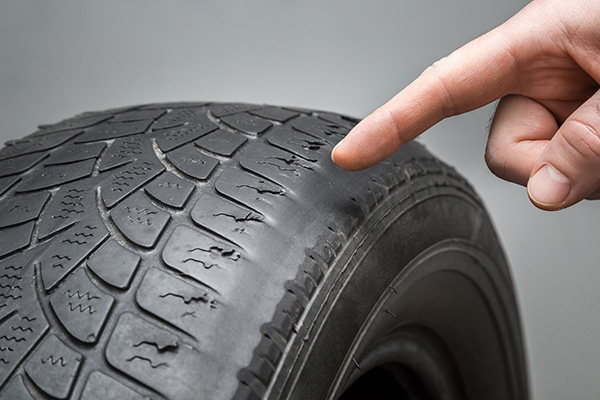
You glance at your tires and they look okay, but does that mean they’re roadworthy? Many drivers assume that if their tires don’t appear obviously worn or damaged, they’re good to go. However, looks can be deceiving. Your tires are the only part of your car that connects it to the road, so maintaining them is essential for safety, performance, and fuel efficiency. So, how do you really know when it’s time to replace them? Tire Wear Beyond the Surface Tires are subjected to countless miles of wear and tear, and their condition depends on more than just visible factors. Sure, a quick glance might show tread that looks intact, but there’s more to the story. Internal aging, uneven wear patterns, and hidden damage can all compromise their effectiveness—even if they seem fine at first glance. One of the most important indicators is ... read more
Posted on 11/29/2024
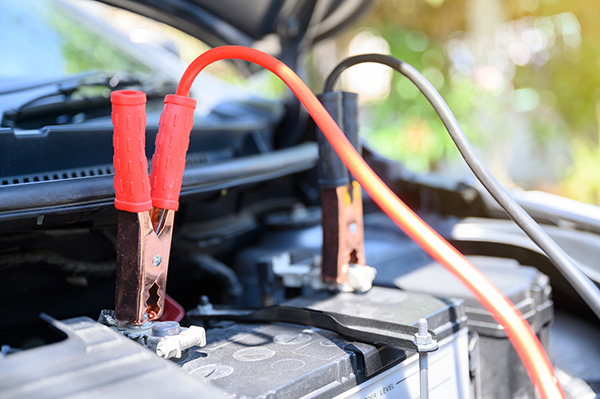
Ever tried starting your car on a freezing morning only to find it struggling to turn over? Cold weather puts a real strain on car batteries, and it’s a common problem many drivers face as temperatures drop. But why exactly does the cold make it so difficult for batteries to perform? Understanding the science behind this can help you take better care of your vehicle during winter and avoid the frustration of a dead battery. How Cold Temperatures Affect Battery Performance Car batteries generate electricity through a chemical reaction. Inside your battery, chemicals react to produce electrical energy that powers your car’s starter, lights, and other electrical components. However, these chemical reactions slow down in cold temperatures, leading to a decrease in the battery’s ability to produce the necessary power. When it’s cold, the batte ... read more
Posted on 10/31/2024
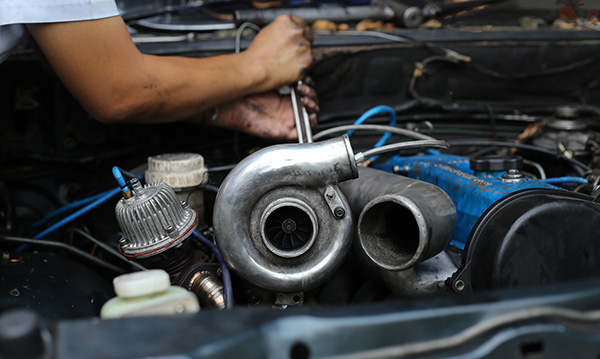
When it comes to boosting engine performance, turbochargers are among the most popular upgrades available in the automotive world. Whether you're looking for more power, better fuel efficiency, or a smoother drive, a turbocharger can offer an array of benefits that elevate your car's capabilities. But what exactly is a turbocharger, and why are so many drivers choosing it for their vehicles? Let’s explore the advantages of adding a turbocharger and how it can enhance your driving experience. 1. Increased Power and Performance One of the most attractive benefits of a turbocharger is its significant engine power boost. Turbochargers force extra air into the engine’s combustion chamber, allowing more fuel to be burned. This results in a powerful explosion that increases the engine's overall horsepower and torque without requiring a larger engine. Essentially, you're getting the power of a larger engine from a smaller one, making it ideal for ... read more
Posted on 9/27/2024

When it comes to maintaining your car, the last thing you want is to leave it in the hands of someone who might not have the necessary skills or knowledge. It’s your vehicle’s well-being and your safety on the line, after all. One way to ensure that your car is in capable hands is to choose a technician with ASE or other certification. But what exactly does ASE certification mean, and how does it improve your car’s maintenance? ASE, which stands for the National Institute for Automotive Service Excellence, is the gold standard when it comes to automotive repair certifications in the United States. Mechanics and technicians who earn this certification must pass a series of rigorous tests and demonstrate real-world experience in the industry. This stamp of approval signifies that the professional handling your vehicle is not only experienced but also up-to-date with the latest technology and repair practices. So, how does ASE certification specifically benefit you as ... read more
Posted on 8/30/2024
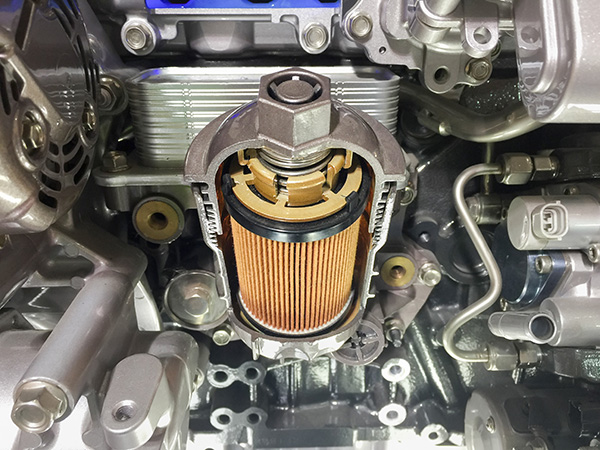
Your vehicle's fuel filter plays a crucial role in keeping your engine running smoothly by filtering out dirt, rust, and other contaminants from the fuel before it reaches the engine. But what happens when this vital component becomes clogged? Recognizing the symptoms of a clogged fuel filter can save you from costly repairs and ensure your car remains reliable on the road. These are the signs that your fuel filter might be clogged and what you should do about it. The Importance of a Fuel Filter The fuel filter is essentially the gatekeeper of your vehicle's fuel system. Its primary function is to trap any impurities present in the fuel, preventing them from entering the engine. Over time, the filter can become saturated with debris, reducing fuel flow and affecting engine performance. Regular maintenance and awareness of symptoms are essential to keeping your vehicle in top shape. Common Symptoms of a Clogged Fuel FilterEngine Mis ... read more
Posted on 7/26/2024

Driving is a daily activity for many of us, but it comes with its own set of risks. Thousands of auto collisions occur yearly due to common yet avoidable mistakes. By understanding these frequent causes and how to prevent them, you can significantly reduce your chances of being involved in an accident. 1. Distracted Driving Distracted driving is the leading cause of auto collisions in the US today. Whether it's texting, eating, adjusting the radio, or even talking to passengers, any activity that diverts your attention from the road can be dangerous. The Dangers of Phone Use Using your phone while driving is particularly hazardous. Texting, calling, or browsing the internet takes your eyes off the road, your hands off the wheel, and your mind off driving. This trifecta of distractions significantly increases the likelihood of an accide ... read more
Posted on 6/28/2024

When your car gets damaged, you first worry about the cost and the process of fixing it. However, an equally critical concern is whether the repaired area will match the rest of the car's paint. Achieving a perfect paint match is a delicate art, requiring a blend of skill, precision, and the right tools. We will explain how professionals ensure that the newly painted area seamlessly blends with the existing finish, making your car look as good as new. The Importance of a Perfect Paint Match You might wonder why achieving a perfect paint match is so crucial. It's not just about aesthetics, though that's a significant part. A mismatched paint job can devalue your car and signal to potential buyers that it has been in an accident. Inconsistencies in the paint can lead to more noticeable wear and tear over time, as different paint types and layers might react differently to ... read more